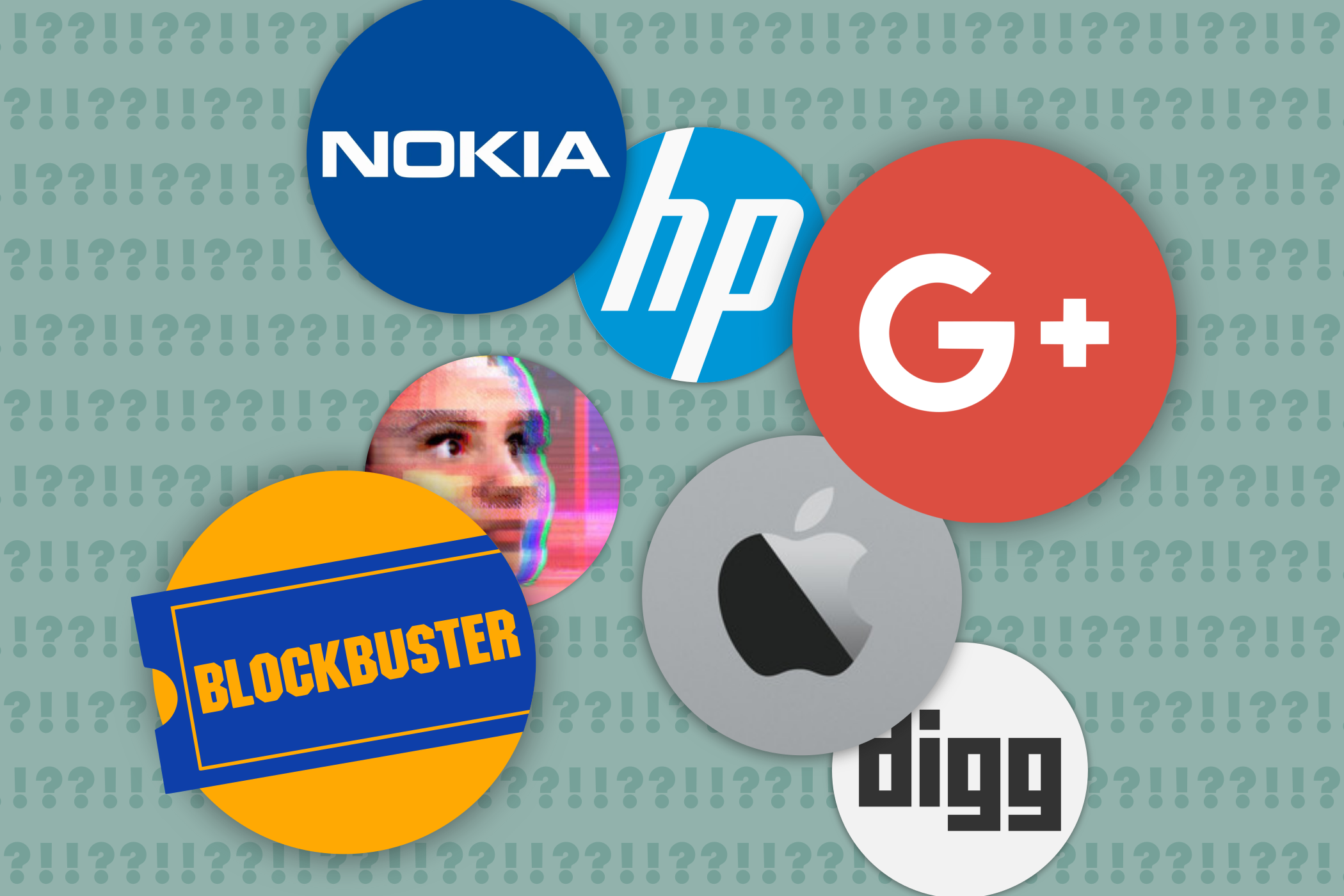Gandalf_The_Grey
Level 85
Thread author
Verified
Honorary Member
Top Poster
Content Creator
Well-known
- Apr 24, 2016
- 7,773
- Content source
- https://www.howtogeek.com/worst-decisions-in-tech-history/
The line between a successful product or company and an unmitigated disaster can often be traced back to a single decision. In tech history, there have been many decisions that led to great success, but there have been even more bad decisions that killed products, companies, and careers.
It's easy to remember the good decisions in history—like Apple re-hiring Steve Jobs in 1996. Bad decisions, on the other hand, can often be forgotten or go totally unnoticed. There are certainly tons of bad decisions that never saw the light of day, but we've highlighted ten fairly high-profile decisions that didn't turn out well.
While all of these decisions were bad in some capacity, some of them had longer-lasting impacts than others. The Fire Phone may have been a total dud of a product, but it had very little effect on Amazon as a company. The same can be said for Apple, Google, Microsoft, and Netflix. Nokia, Blockbuster, Digg, Quibi, and WebOS, on the other hand, were not so lucky.
- Nokia Chooses Windows Phone Over Android
- Microsoft Releases a Chatbot Trained by the Internet
- Blockbuster Turns Down Chance to Buy Netflix
- Apple Redesigns the MacBook Keyboard
- Google Tries to Create Hype With Google+ Invites
- Amazon Thinks People Want a Fire Phone
- Silicon Valley Falls in Love With Quibi
- HP Makes a Mess of WebOS
- Netflix Splits off DVD Rentals as “Qwikster”
- Digg Rolls Out a Massive Redesign

10 Worst Decisions in Tech History
Failures can often be traced back to one bad decision.
